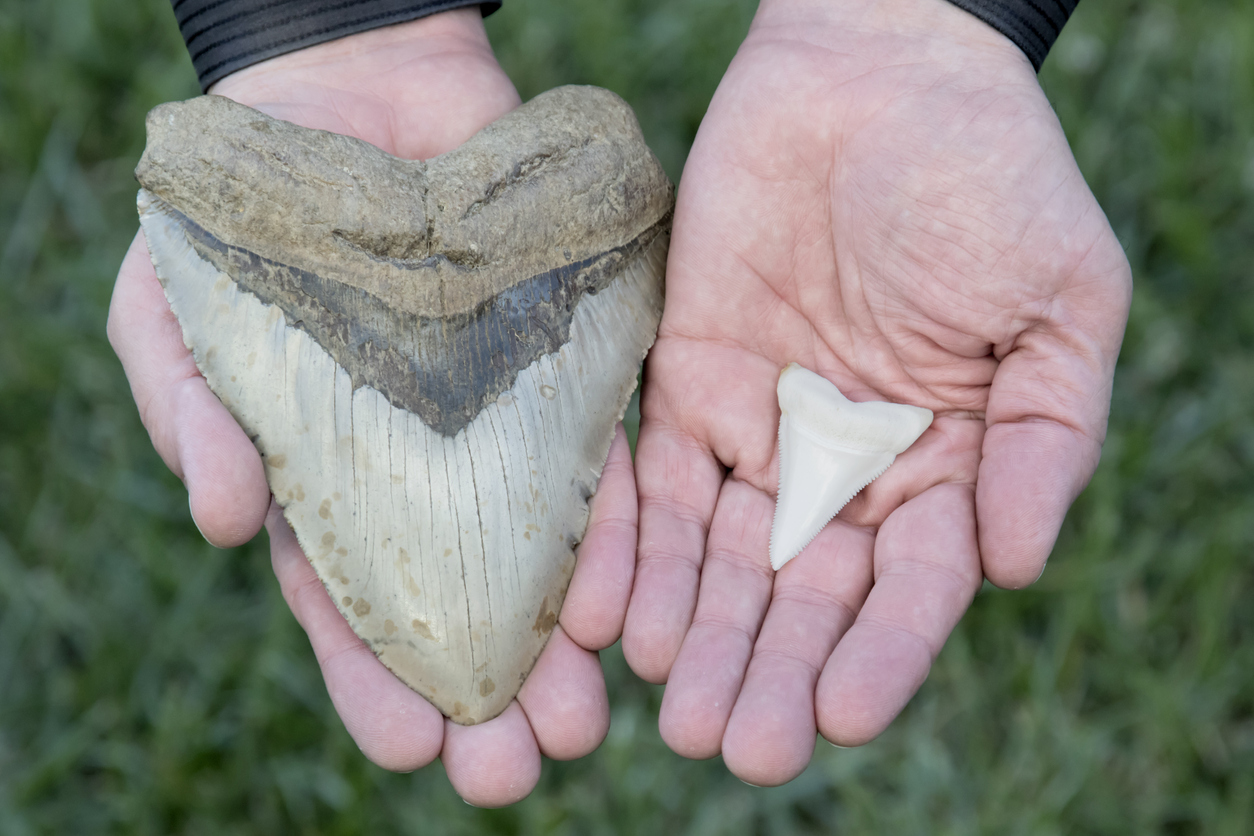The sheer size of the ancient megalodon, one of the largest carnivores to have ever lived, may have worked against it, allowing great white sharks to establish themselves as one of the apex predators of the ocean.
A study, published today in the journal Nature Communications, suggests when the two sharks co-existed during the Early Pliocene – around 5.3 million years ago – they had similar positions in the food web.
This would have lead to dietary competition between the species, the study said.
READ MORE: Nearly 100km/hr winds batter NSW as another polar blast set to hit'
While direct competition may not have occurred "at least some overlap in food items between both species is likely", the study authors wrote.
It's likely both species feasted on large fish and marine mammals such as whales, dolphins, and porpoises.
READ MORE: Tremors felt after 3-magnitude earthquake in south-east Queensland
Estimates suggest the megalodon grew to between 15 and 18 metres in length.
To compare, the largest white shark reliably measured was 5.94 metres and caught of Western Australia.
READ MORE: Top Kremlin official denies Putin rumour
The scientists examined zinc isotopes in the teeth of wild and and aquarium sharks, before comparing them to 13 fossil megalodon teeth to determine their respective positions on the food web.
The study concludes by stating competition for food was one of several "compounding" factors behind the demise of the megalodon.
Climate change and environmental factors such as thermal limitations and the collapse of prey populations, could have also played a role.






